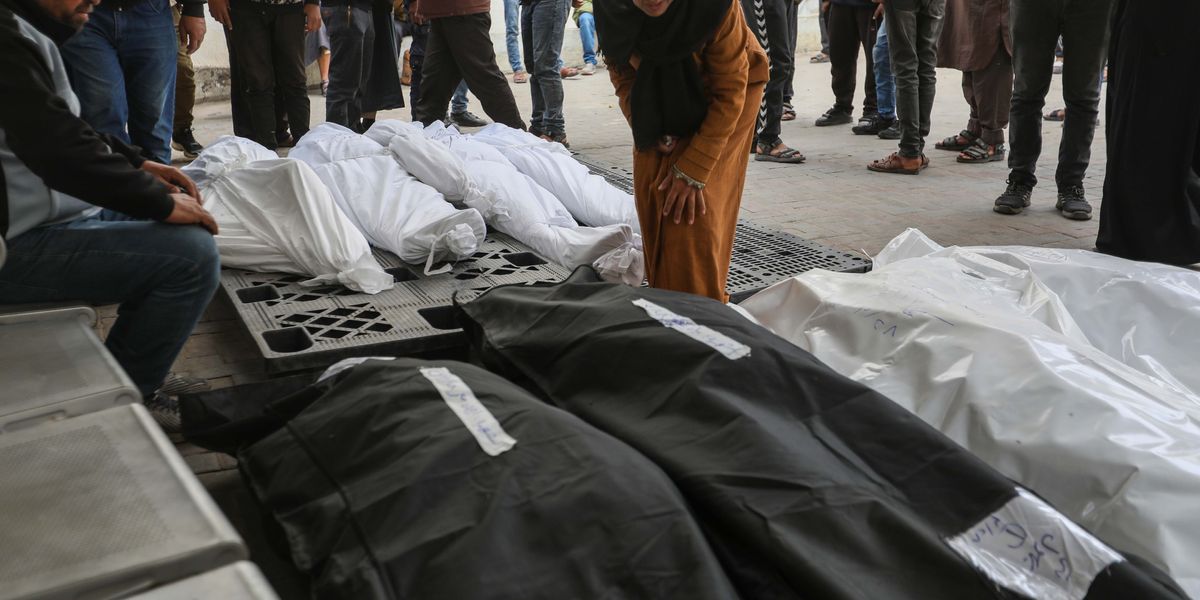Sounds like the equivalent of US drone strikes.
Yeah, but US drone strikes aren’t so intense on one small area or group of people
What do you mean? There’s a whole generation of Yemeni children afraid of Sunny days because those are the days that people die. I’m a place that gets 300+ days of sunshine a year.
We we’re much worse.
It’s not a genocide. Not defending what we’ve done, but I don’t think it’s fair to compare to genocide
All the starving people in Yemen would disagree with the not genocide comment. Like in Palestine, a religious nationalist is committing atrocities with full US support.
It’s 100% comparable. We’re talking about collateral budgets for strikes. That’s exactly what happened in both of these scenarios.
It just so happens they have different budgets, but they both had allowances for allowing innocent people to be killed alongside potential targets. On one hand it’s plus one two three maybe even five allowable collateral on a target. On the other hand it’s 100. But it’s the same thing
It’s either okay to kill civilians or it’s not.
deleted by creator
I’m not omniscient I don’t know everything that happened. But I do know the published ROE included a collateral budget for different strikes of one to two. 3 to 5 with extra approval for at least one theater of operation that I’m aware of
deleted by creator
I’m not sure I follow your argument. Yes it’s a terrible thing. Collateral damage should not be the cost of war. Especially when we’re fighting an asymmetric war. The occupying force should have stricter rules of engagement, no collateral allowed. They are after all the dominant occupying force
This entire discussion started when somebody compared US rules of engagement towards the current Israeli rules of engagement. Is the genocide terrible Yes absolutely. It is comparable however, to previous US military engagements. This is not to absolve the guilt of the current actions, but to castigate the previous actions
I would fully disagree. We targeted civilians, not in war zones at functions like weddings, funerals and other explicitly civilian gatherings. We (the US) had the intent to kill civilians, and our tolerances for civilian casualties were an order of magnitude larger than what the IDF is using.
If anything it’s not comparable because what we did was worse.
deleted by creator
deleted by creator
Ok, here’s a refresher for you






